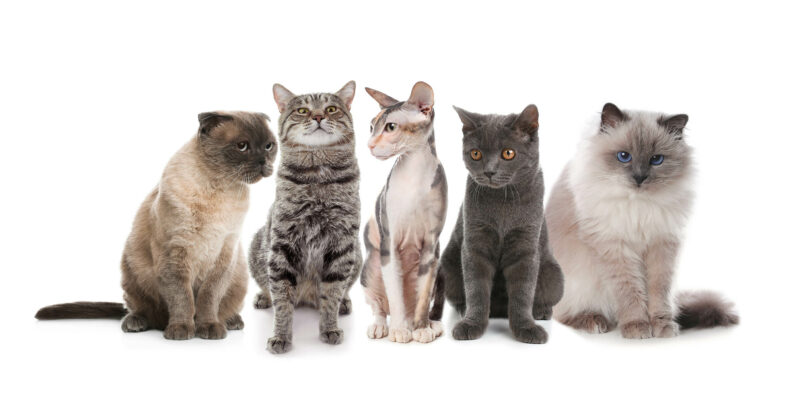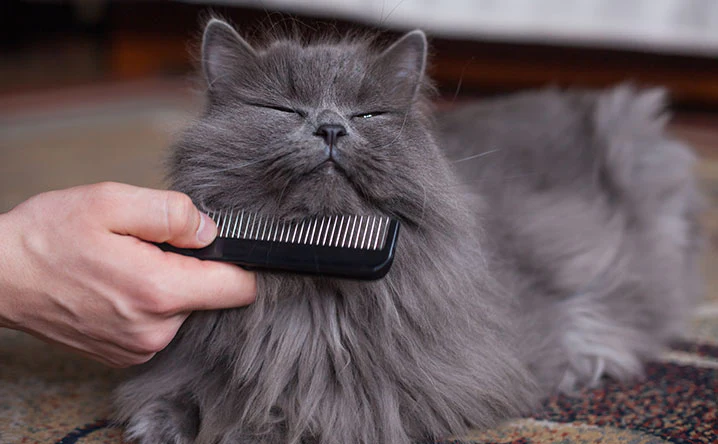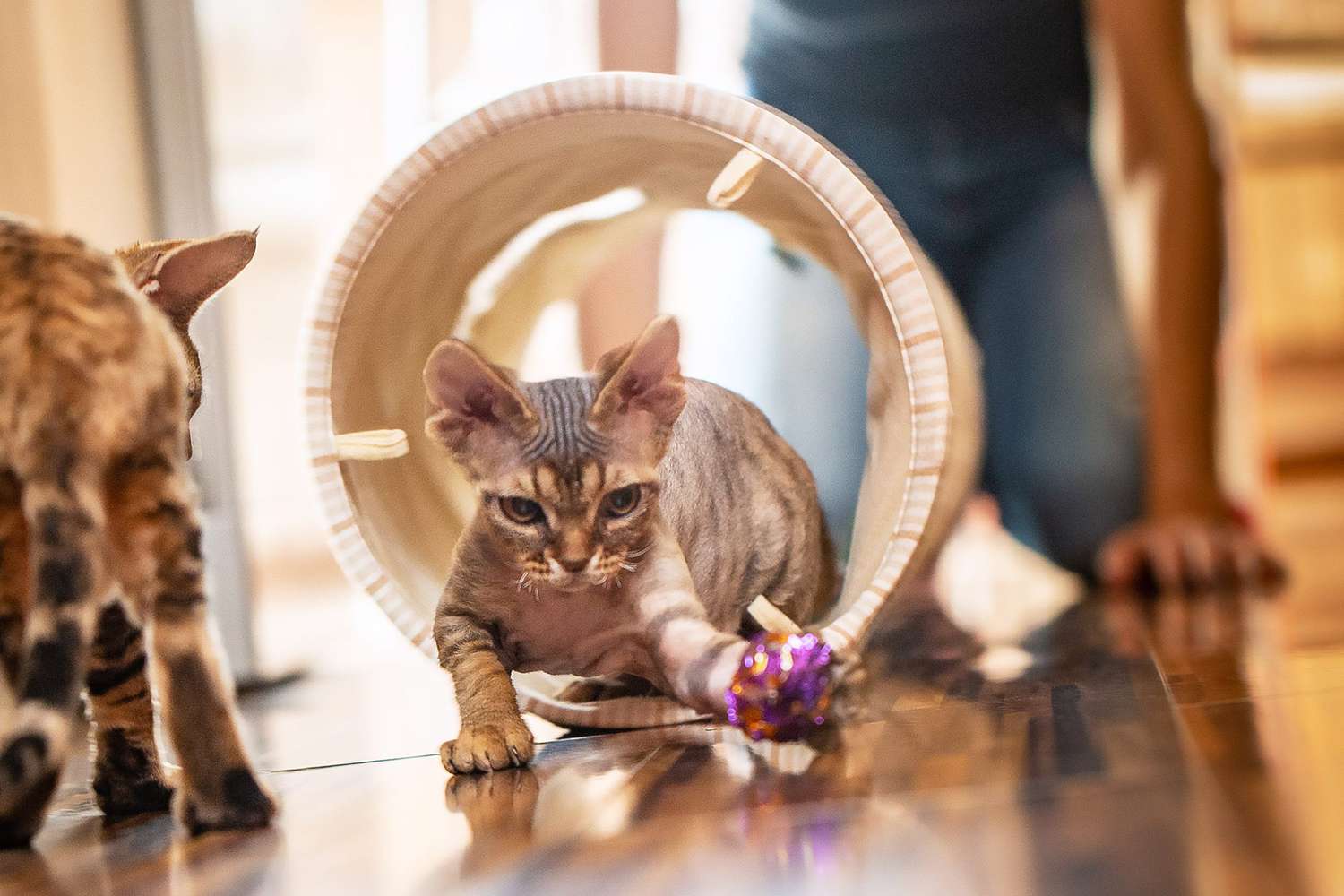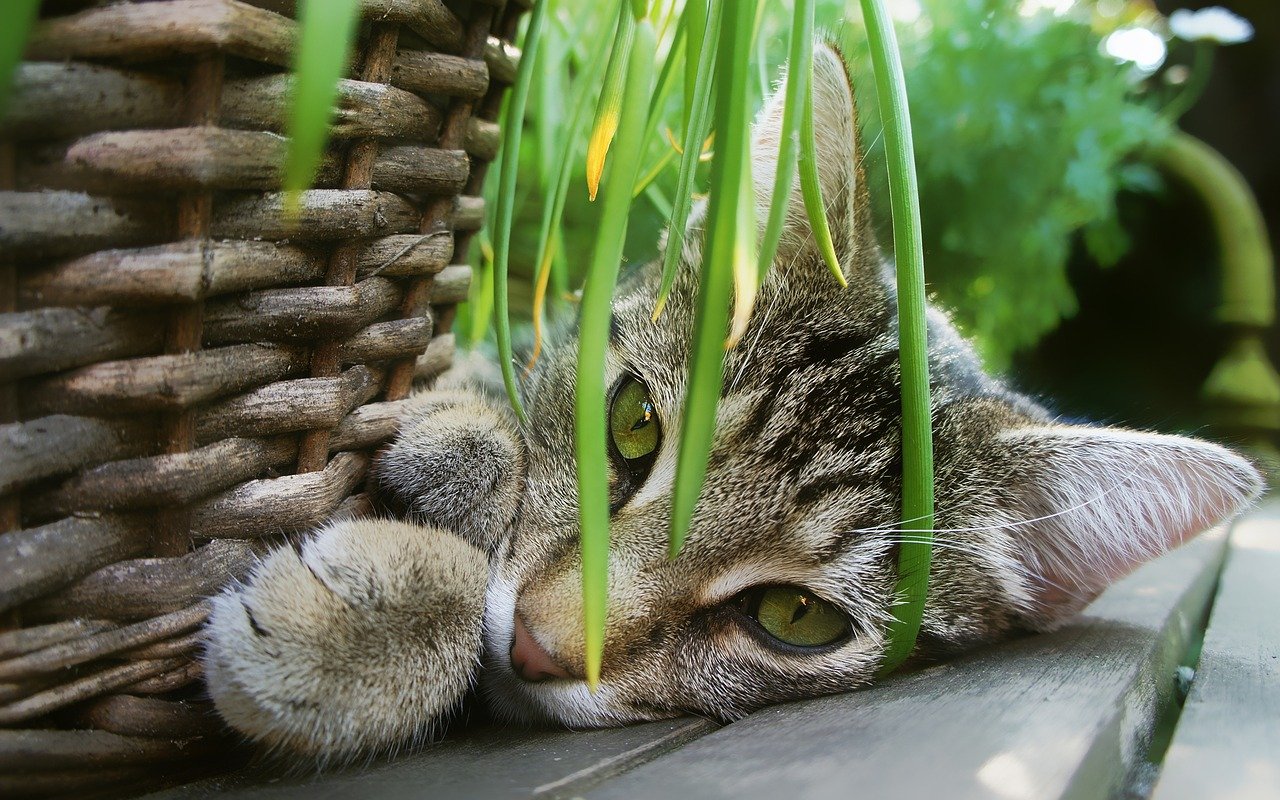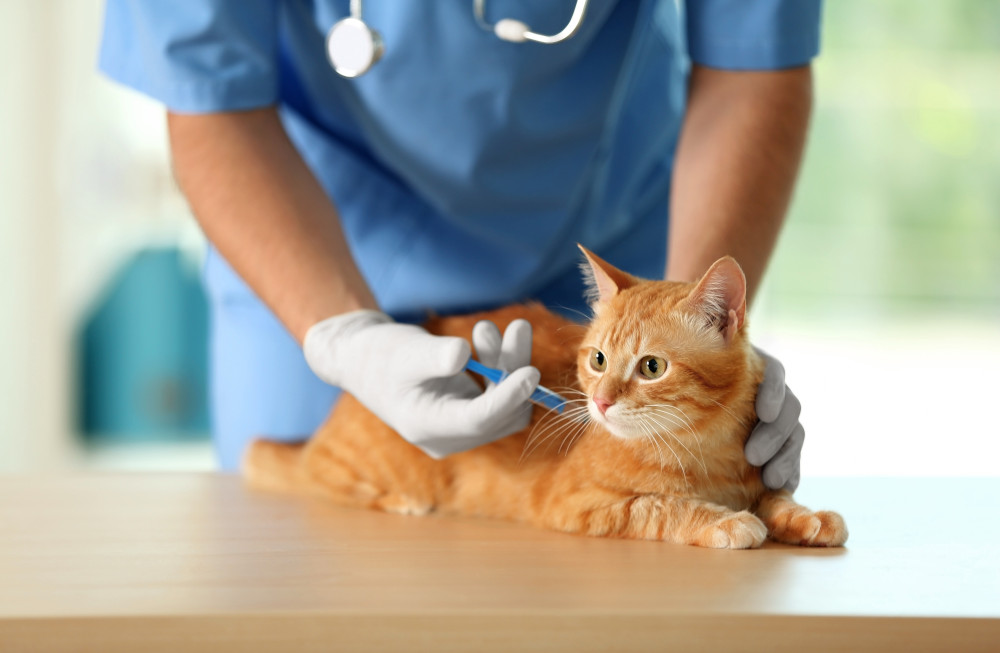Understanding and Addressing Cat UTIs
Anúncios
People love cats because they are independent and hard to find, but owners should pay attention to their health. Urinary tract infections, or UTIs, are a common health problem in cats. In this detailed guide, we discuss everything you need to know about urinary tract infections in cats, from causes and symptoms to how to treat and avoid them.
What is a Urinary Tract Infection in Cats?
When bacteria enter the urinary tract and cause swelling and pain, it is called a urinary tract infection. Both male and female cats can develop urinary tract infections, but female cats are more likely to develop them due to their shorter urethra. Urinary tract infections can occur in the bladder, urethra, kidneys, or any other part of the urinary system.
Why Do Cats get Urinary Tract Infections?
There are a number of factors that can cause your cat to develop a urinary tract infection. To effectively prevent and manage these problems, you need to understand what causes them.
- Bacterial Infections: Escherichia coli (E. coli), which enters the urethra and travels up the urinary tract, is the most common type of bacteria that causes urinary tract infections in cats.
- Urinary Stones: Crystals and stones can form in the urinary tract of cats, causing pain and infection. Stones can form as a result of certain foods or underlying health conditions.
- Inadequate Immune System: Cats whose immune systems are not strong enough due to age, illness or stress are more likely to develop urinary tract infections.
- Dehydration: Dehydration means you don’t drink enough water, which concentrates your urine, allowing bacteria to grow.
- Anatomical Defects: Some cats are born with or develop anatomical defects that make them more susceptible to urinary tract infections.
What Does a Urinary Tract Infection in Cats look like?
It’s important to know the signs of a urinary tract infection so you can get help right away. Cat owners should monitor their cats, as they may not always show obvious signs of pain. Some common symptoms are:
- More than Once a Day: If your cat uses the litter box more often than usual, it could mean he has a urinary tract infection.
- Difficulty Urinating: If you have difficulty or pain while urinating, it is clear that you have a problem with your urinary tract.
- Blood in the Urine: Hematuria or blood in the urine, is a serious sign that requires immediate medical attention.
- Improper Urination: Cats with urinary tract infections may urinate in places other than the litter box because they think the litter box is painful.
- Lethargy and Changes in Behavior: Cats with urinary tract infections may feel tired, lose their appetite and often behave differently.
Urinary Tract Infections in Cats: How to Identify
If you think your cat has a urinary tract infection, take him to the vet immediately. Typically, a combination of tests can identify a urinary tract infection:
- Physical Examination: Your veterinarian will perform a complete physical examination of the animal, feeling the abdomen and looking for signs of pain.
- Urine Test: A urinalysis can help detect bacteria, blood, crystals, or other problems in the urine.
- Urine Culture: If urinalysis shows a possible infection, a urine culture may be performed to find out what bacteria are present and which medications are most effective.
- Imaging Tests: Sometimes an X-ray or ultrasound may be recommended to detect bladder stones or structural problems.
How to Treat Urinary Tract Infections in Cats:
Once a cat is diagnosed with a urinary tract infection, it is usually treated with a combination of medications and supportive care.
- Antibiotics: A course of antibiotics recommended by your vet is the mainstay of treatment for bacterial UTIs. In order for the problem to disappear completely, it is important to complete the entire course.
- Pain Management: Cats can be given painkillers to relieve pain during the healing process.
- Hydration: To help clear your urinary tract, it is important to drink plenty of water. You can add water to the dry food or give your cat wet food.
- Special Diet: If bladder stones are a problem, your vet may recommend a special diet to prevent their formation.
- Reduce Stress: It’s important to keep your cat’s environment as stress-free as possible, as stress can weaken the immune system and increase the risk of urinary tract infections.
Stop Urinary Tract Infections in Cats:
Avoiding problems is important to keep your cat’s urinary health in good condition.
- Hydration: To keep your cat well hydrated, make sure he has access to fresh water at all times.
- Balanced Diet: To keep your cat healthy and prevent urinary problems, you should feed her a balanced and species-specific diet.
- Regular Veterinary Checkups: Make sure your pet gets regular veterinary checkups so you can catch any problems early and treat them before they get worse.
- Clean the Litter Box: Keeping the litter box clean will help your cat go to the bathroom more often. Some cats may not use a dirty litter box, which can cause them to retain urine and become sick.
- Dealing with Stress: Give your cat a calm and fun place to live. Keep changes to a minimum and give them a place where they can hide or sit high to feel safe.
Conclusion:
Understanding and treating urinary tract infections in cats is an important part of being a caring pet owner. You can help your cat’s health by watching for warning signs, taking them to the vet immediately, and taking preventative measures. Remember that a healthy urinary system is important to your cat’s well-being.
FAQs:
1. Can indoor cats get urinary tract infections?
Yes, indoor cats can develop urinary tract infections. Although outside factors may play a role, indoor cats can face risks related to diet, moisture and stress.
2. How can I encourage my cat to drink more water?
Some cats like running water, so a cat water fountain can be tempting. Wet food, added water or flavored ice cubes are other options to increase fluid intake.
3. Are certain cat breeds more susceptible to urinary tract infections?
Although any cat can develop a urinary tract infection, certain breeds, such as Persians, are more susceptible to it due to their unique anatomy.
4. Will urinary tract infections return in cats?
Yes, cats can get recurrent urinary tract infections. Identifying and addressing the underlying causes is critical to preventing frequent relapses.
5. Is there a connection between urinary problems and diet?
Yes, diet plays an important role in urinary tract health. Feeding a balanced, species-specific diet that meets specific nutritional needs can help prevent urinary tract infections.
malik
Publicado em: 25/12/2023

